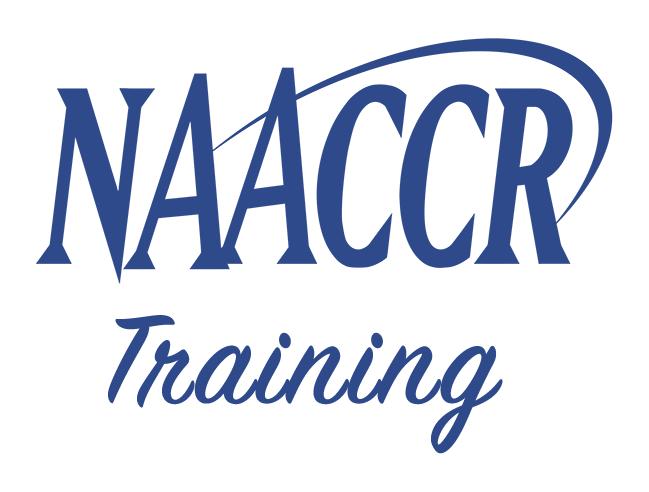
NAACCR Online Education
Opening Keynote - Cancer Surveillance Science: A Proposed New Name Allowing an Old Discipline to Reach New Heights
Cancer Surveillance Science: A Proposed New Name Allowing an Old Discipline to Reach New Heights
Presented by Eric J. "Rocky" Feuer, PhD
The work that many of us in NAACCR do is traditionally called “Descriptive Epidemiology”, which assesses the burden and magnitude of health problems in a population, summarizes data, showing patterns and characteristics, and helps generate hypotheses that more refined studies can confirm. In some circles, our discipline was long known as a first, rather crude step in the explorations of an epidemiologic problem, and could do no more than stimulate ideas and hypotheses without verifying them. This characterization of descriptive epidemiology placed it near the bottom of the scientific evidence hierarchy (below analytic epidemiology and RCTs). Despite this characterization, many important and impactful studies have been conducted in our field, and in recent years the methodologic framework and tools to carry out our work have become increasingly sophisticated. However, being associated with a name near the basement of the scientific evidence hierarchy has sometimes hurt our credibility and aspirations. In this talk I postulate that the term “descriptive epidemiology” is outdated, and propose a new name, “Cancer Surveillance Science” encompassing a wide range of data, methods, and scientific problems which can be inferential and even rival RCTs. Examples are presented where registry associated work is “punching above its weight” in the scientific hierarchy. Finally, thoughts and cautions about our field are briefly discussed.
Objectives
•To raise awareness that the connotations of the term for much of our scientific work, Descriptive Epidemiology, may be constraining perceptions of the potential levels of scientific evidentiary inferences our work can achieve.
•A broader term, Cancer Surveillance Science, is proposed, encompassing a wide range of data and methods, allowing our field to reach its full potential.




